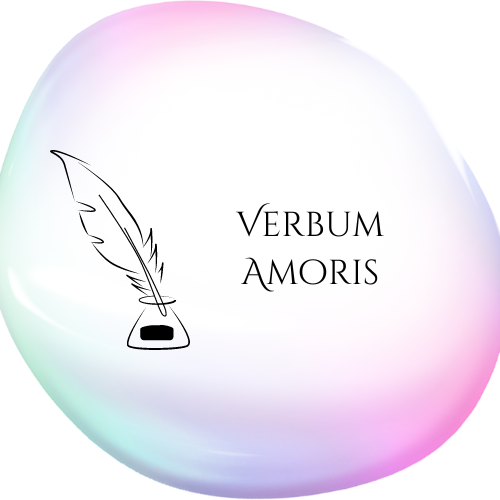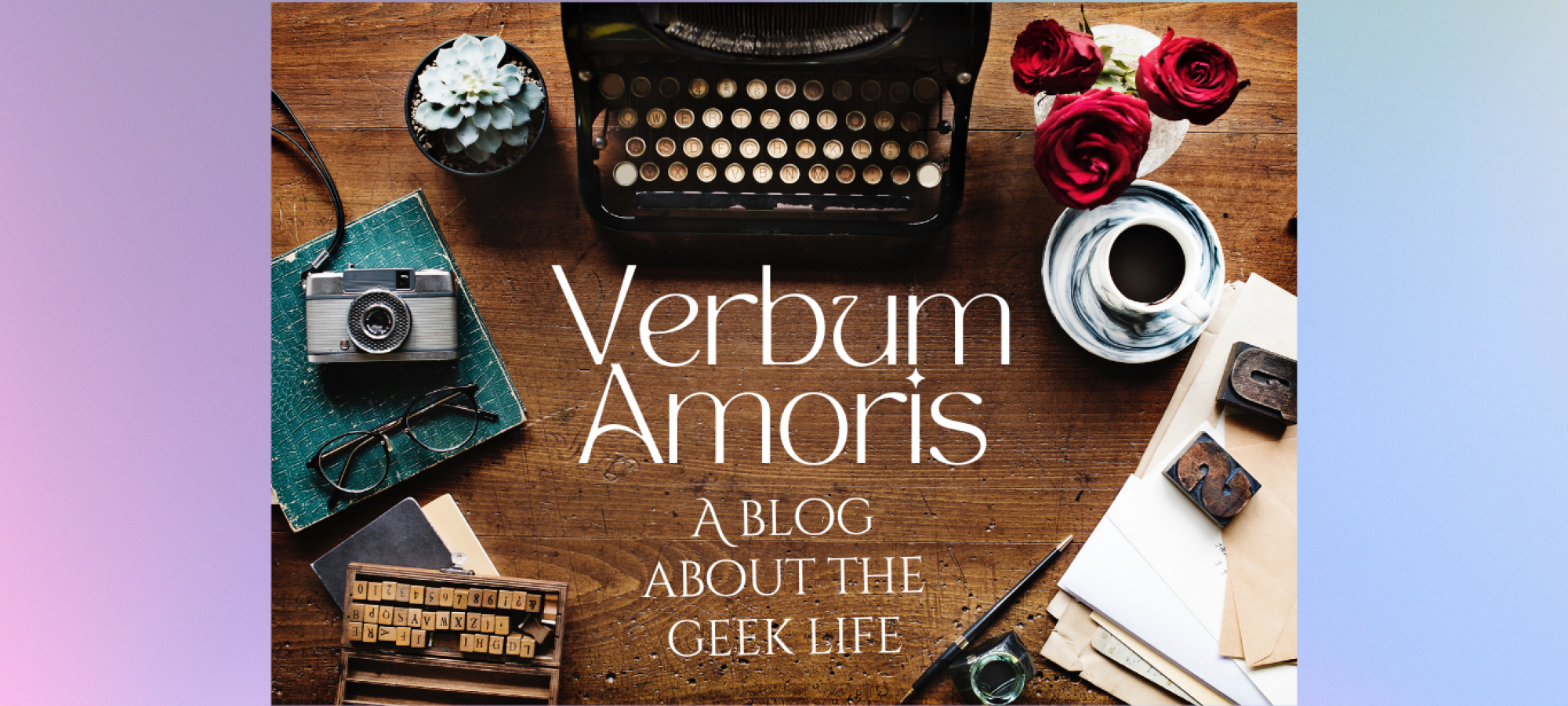
Used to teach lessons, pass on our history, and entertain us, storytelling has been a significant aspect in our lives for as long as humans have been around, and it is one thing that every civilisation has in common. Over the years there have been books containing uncomfortable truths and controversial subjects that have sent people up in arms and governmental crackdowns to ban them. I have never understood why anyone would want to ban books. When the call went out to end the production of Dr. Suess books and changes to Roald Dahl’s stories, I was quite surprised. Yes, the values and outlooks on the world are considered outdated and unacceptable and we no longer share these views, but banning them doesn’t change the past. And it shouldn’t. I believe these stories open an avenue for discussion and reflection and that is a good thing. These ideas and beliefs upset you? Good. Let’s talk about why, let’s look at how far we’ve come, and what we do not want to repeat. In some cases, books get banned by the government because “they are dangerous to society” and invite us to challenge the status quo—something the governments don’t want if they are trying to control their citizens.
Placing this taboo on books fuels my curiosity and I can’t help but give into it and read some of these. In my youth I read several novels in school that found themselves on the banned list, or were at least rather controversial. Back then I didn’t give much stock to many of the books we had to read in school—I often found them to be rather boring—but now that I’m older I have a different view on things and feel the urge to look back on and explore more of these books. So I have started a banned book reading list for myself. So here’s a look back on the ones that I have read over the years.

The Chocolate War by Robert Cormier that dives into secret societies, conformity, and what happens when someone stands up against a dominating force. Despite winning ALA Best Book for Young Adults, The New York Times Outstanding Book for Young Adults, and The School Library Journal Best
of the Best awards, this novel has been challenged by censors for its offensive language, violence, and sexual content. I think the hullabaloo was unnecessary, as it was pretty tame compared to many stories, it didn’t inspire violence, and the sexual content was forgettable. Actually, most of the book was pretty forgettable; it made my list of painfully boring books, with characters that I did not care about. If it hadn’t been required reading in my English class, I would not have finished this one.
To Kill a Mockingbird by Harper Lee was outright banned in the United States for its offensive language and content—like rape and murder—that made people feel uncomfortable. It takes place during the 1930s when racism and racial slurs were viewed very differently. A mature reader can take a step back and appreciate that the novel was a reflection of that time period, but not everyone could handle the stark reality of their own history. It is true that the novel contains language and behaviour that we now condemn, but it is a compelling story; it’s raw and authentic. It certainly deserves its place in the classroom, and if you haven’t read it, I recommend it.


William Golding’s novel, Lord of the Flies, has been challenged, taken off school shelves, and banned for its violence and offensive language. Parents did not like the rampant bullying, lurid sexual content, murder, the defamatory statements towards minorities and women, or the demoralising comparison of human
nature to that of animals. It certainly is a negative outlook on our species and forces us to reflect on society and the nature of man. Are we little more than bipedal animals prone to violence? If we look at our history and the state of the world right now, it would seem that Golding was right. However, it is not all bad, humanity can have redemption. The boys did feel remorse by the end and can see the error of their ways. On the last page, Golding wrote: “Ralph [the initial leader of the group of boys] wept for the end of innocence, the darkness of man’s heart, and the fall through the air of the true, wise friend called Piggy.” It is a hard book to get through, most of the characters are unlikable, and their behaviour is terrible, so much so that it leaves a bad taste in your mouth. It certainly is a book for a sociology class.
Animal Farm by George Orwell was accused of being Communist propaganda, supporting overthrowing governments, and was considered a “threat to national security” by the CIA. Much like his other heavily opposed novel, 1984, the biggest reason why it was pulled from shelves and contested was because of politics. So often, the complaints against Orwell’s works were because people thought it was supporting totalitarianism and communism. But anyone who reads them, and actually paid attention, would know that they are heavily against fascism and authoritative states. Seeing how irate the US government bodies get over Orwell’s works, calls into question “why are they so worried about people reading them?”

1984 was the last book George Orwell wrote before he passed in 1950 from tuberculosis. Inspired by the fascist regimes of Nazi Germany and Stalinist Russia, this dystopian novel imagines what the world would look like if totalitarian governments took over. The book would go on to become a controversial, and banned, book. 1984 was banned in Russia until 1988, and has now become a best seller since the ban was lifted there. Whoever Orwell stories you decide to read, you’ll find them fast paced, fascinating, and the parallels of his worlds and ours are eerily on point. Definitely worth a read.
What banned books have you read?

